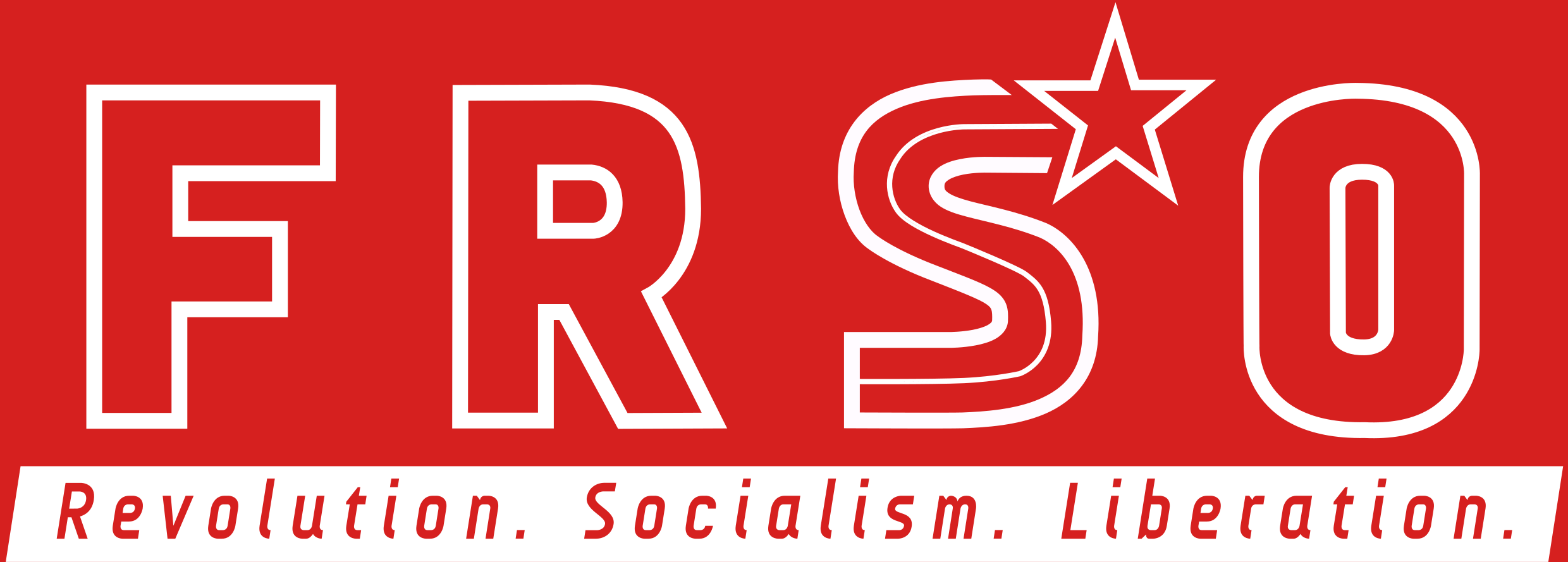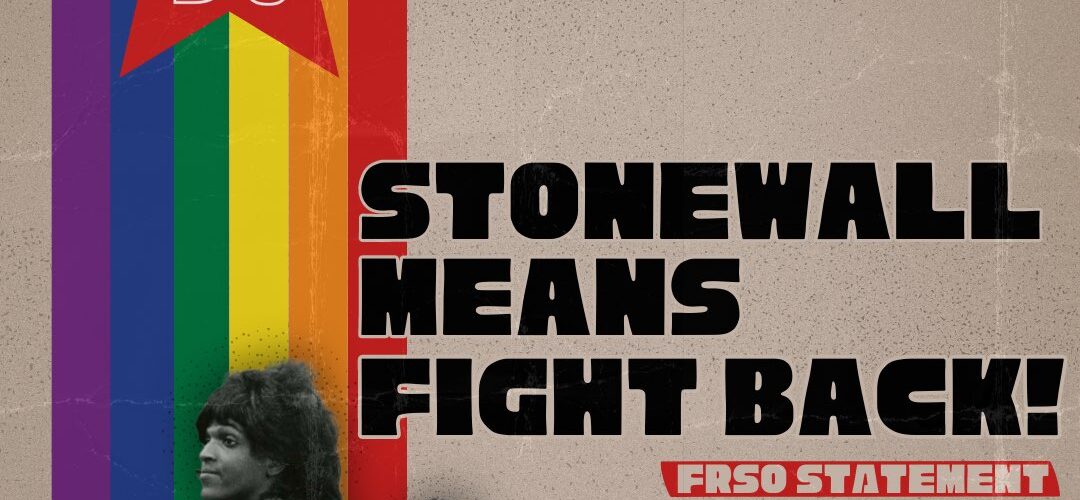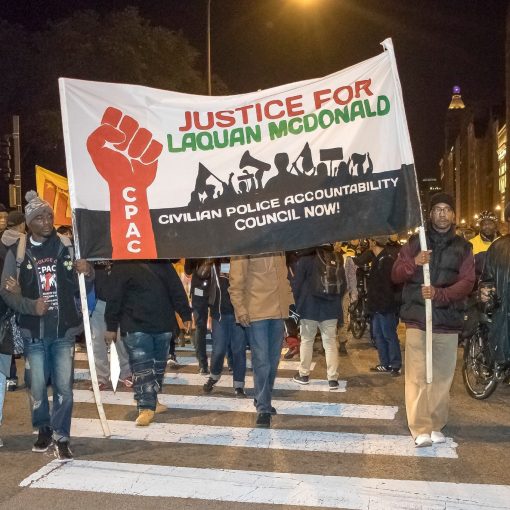The fight for full equality does not follow a steady or straight-line path, and the ebbs and flows of the struggle for LGBTQ liberation are no exception. The past half century in the U.S. has seen the efforts of the gay and trans rights movements realized in the gradual decriminalization of same-sex relationships, protection against workplace discrimination, and the enshrinement of marriage equality by the Supreme Court. And yet, right-wing reactionaries are increasingly using an anti-LGBTQ agenda as a weapon. The homophobic and transphobic distortions of “family values” are serious attacks on our democratic rights and are a smokescreen to hide the destructive policies which hurt working and oppressed people.
Like every rebellion, the uprising at the Stonewall Inn in New York City and the protest movement that followed shows that ongoing abuse and persecution makes insurrection inevitable. The police attack in the early hours of June 28, 1969 was not an anomaly, but a part of regular raids by law enforcement using the badge as a license to detain, harass and humiliate the gay, trans and gender-nonconforming people in their communal spaces.
The community that gathered at Stonewall that evening saw police descending on a LGBTQ gathering place, and they were reaching the end of their rope. The patrons did not take their harassment quietly, and police responded with violence – attempting to stamp out resistance with boots and billy clubs. The confrontation that night heightened and developed into a full-fledged rebellion spanning five nights, where, with bricks and molotov cocktails, the LGBTQ community fought back against police terror and demanded their right to exist in the spaces they created for themselves.
Anti-LGBTQ attacks from the state
So far this year, 70 anti-LGBTQ laws have been passed across the U.S., including bans on gender-affirming healthcare, school curriculum censorship, and laws which give institutions a license to discriminate on the basis of gender and sexuality. State legislatures across the country have received over 520 bills that are explicitly anti-LGBTQ, and 220 of these specifically target transgender and other non-binary people. The proliferation of bills, including laws that strip away hard-fought-for rights and protections, show that far-right reactionaries and the state are marching forward with a coordinated attack meant to force LGBTQ people back into the closet.
The most aggressive advances of anti-LGBTQ legislation have come down in Florida, Texas, Tennessee and North Dakota, but a number of other southern and midwestern states are not far behind. There is a critical struggle to demarcate sanctuary cities in states that have stronger legal protections for LGBTQ people on the books, for those seeking refuge and access to life-saving resources like gender-affirming healthcare, and to demand that those cities offer more than just a symbolic welcome. At the same time, protest movements and many hundreds marching on state capitols in Louisiana, Texas and Florida send a clear message – we are going to stay and fight.
Stonewall’s Legacy
As we reflect on that night at Stonewall and the liberation struggles that came before and after it, we’re reminded of what’s at stake, and all we have to gain. The uprising at Stonewall was not the first uprising against homophobic and transphobic police brutality in the late 1960s. That watershed moment was an unavoidable development of a broader movement, including many other protests in response to anti-LGBT police raids, such as the 1966 Compton Cafeteria riot in San Francisco, and the Black Cat Tavern Protest in Los Angeles. The refusal to accept the violence and dehumanization was growing, and Stonewall sparked the broad base of oppressed people to collective action and organization reaching far from the site of the original uprising.
LGBTQ people were present and fighting in the firestorm of mass struggles of the late 60s and early 70s – women’s liberation, anti-war, and in the particular the Black liberation movement. A number of the leaders in the protests after the Stonewall rebellion had been active in those other movements. These were the radical politics taken into the new formations. The Gay Liberation Front groups positioned their fight in solidarity with these movements, with national-liberation struggles and the fight against capitalist exploitation.
This organizing context meant an LGBTQ mass movement could emerge in the streets after Stonewall to change the course of the movement’s history. The attack by police that night was answered by a refusal to back down quietly.
Building a grassroots movement
The anti-LGBT attacks from the state have shown that the meager legislative gains in the past period were not only a false promise of safety, but also not even a permanent one. Equal rights in marriage, laws against housing and employment discrimination – these were concessions made by the monopoly capitalists that paper over the fight for full equality and liberation that still rages on.
The limited access or outright denial of vital healthcare for trans people, the homelessness faced disproportionately by LGBTQ youth, an education that hides the full history and humanity of LGBT people in our public school system – this is what we mean by a lack of equality, and why the fight continues.
Our task is in building a mass movement that is rooted in grassroots struggle that is bold enough to demand real and sweeping changes. Taking back Pride is recognizing that power comes from the people. We are not abandoning the fight for full equality and an end to all oppression.



